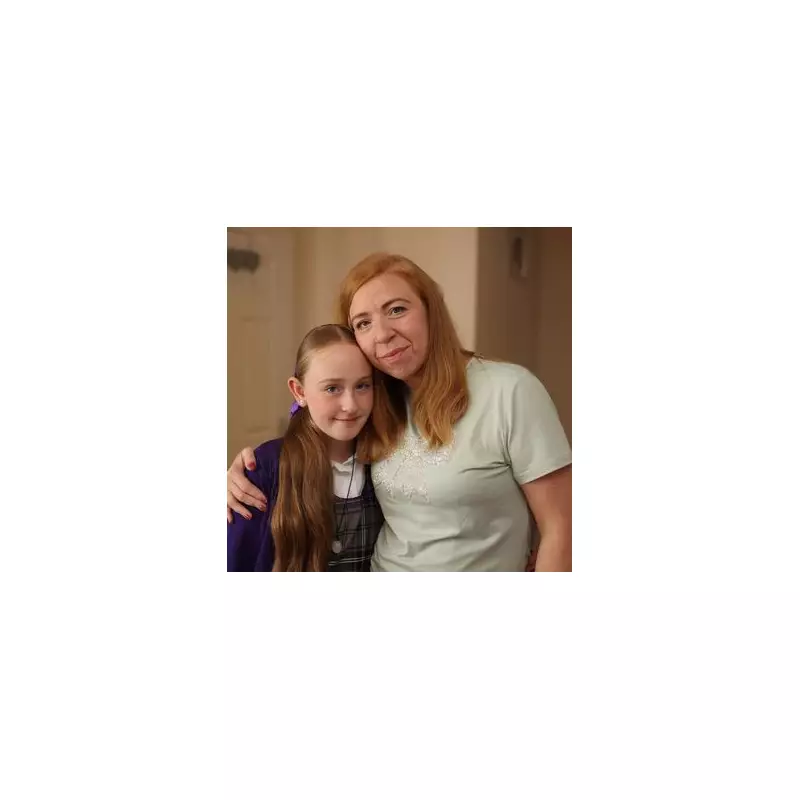
Behind closed doors across Britain, a silent crisis is tearing families apart. Parents are facing an agonising battle, not just with their children's deteriorating mental health, but against a system they say is failing at every turn.
'We Were Told to Wait. But How Do You Wait When Your Child is Suffering?'
Heartbreaking testimonies from families reveal a landscape of desperation, where children in crisis are left on never-ending waiting lists for Child and Adolescent Mental Health Services (CAMHS). Parents describe feeling utterly abandoned, their pleas for help met with bureaucratic inertia.
"We thought it was just a phase, typical teenage angst," one mother confided. "But it escalated so quickly. The self-harm, the crippling anxiety, the refusal to eat. We were terrified, and when we finally reached out for help, we were handed a leaflet and put on a waiting list that was 18 months long. How is that acceptable?"
The Devastating Toll on Families
The ripple effects are catastrophic. Parents are being forced to give up their careers to become full-time carers. Siblings are witnessing traumatic episodes they are too young to understand. Family savings are being drained to pay for private therapy, a luxury many simply cannot afford.
"It's like watching your child drown and everyone just stands on the shore telling you to fill out a form," another father told us, his voice cracking with emotion.
A System on the Brink
Experts are sounding the alarm, warning that the UK's child mental health services are at breaking point. Years of underfunding have collided with a post-pandemic surge in demand, creating a perfect storm. The figures are stark:
- Record-breaking waiting lists for CAMHS referrals.
- A critical shortage of specialist clinicians and therapists.
- Children being admitted to inappropriate adult psychiatric wards due to a lack of beds.
- Schools struggling to cope without adequate external support.
A Call for Action
Charities and campaigners are now demanding urgent government intervention. They argue that investing in early intervention is not just a moral imperative but an economic one, preventing more severe and costly problems down the line.
"This isn't a niche issue; it's a national emergency affecting a generation of children," a leading mental health advocate stated. "We need a radical overhaul, proper funding, and a commitment that every child will get the help they need, when they need it. The time for warm words is over. We need action."
The stories of these families are a powerful call to action, highlighting a profound failure in our society's duty of care to its most vulnerable. The question remains: will those in power finally listen?





